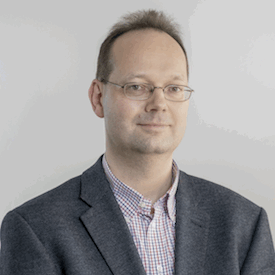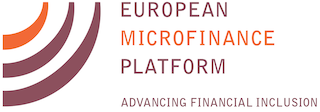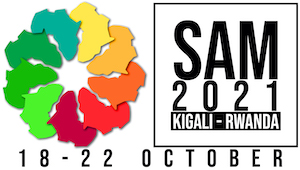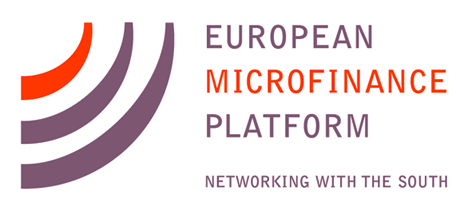 MicroCapital: European Microfinance Week (EMW) 2022 will be in-person for the first time in 3 years. What can we expect?
MicroCapital: European Microfinance Week (EMW) 2022 will be in-person for the first time in 3 years. What can we expect?
Christoph Pausch (pictured): We’re very excited to be going back to an in-person conference at the beautiful Abbaye de Neumünster in Luxembourg. For the last two years, EMW has been virtual, and we are very proud of how both editions went, but – as I think everyone agrees – an online conference, however professional and comprehensive, can never entirely substitute for meeting in-person. You cannot fully replicate the richness of discussion within a room or the opportunities for exchange, debate and networking that gathering face-to-face allows.
You’ll see some innovations at EMW2022, as we’re taking much of what worked over the last couple of years and incorporating it into the in-person event. Among other things, that means some sessions will be in a hybrid format, so attendees and speakers who cannot come to Luxembourg can take part. Also this year, the conference proper starts on Wednesday at lunchtime, so that our opening will be timezone-suitable for more remote participants.
MC: What range of sessions can attendees choose from?
CP: As always, EMW sessions have been put forward largely by our members and organised across several thematic streams, such as “Financial Inclusion that Works for Women” (the topic of the European Microfinance Award), climate-smart finance, digitalisation and
 On Friday in Luxembourg, a panel of experts sounded alarm bells on trends in financial health. Amrik Heyer of FSD Kenya noted that financial health in Kenya, for example, has gone down significantly since 2016, the first year for which her data are available. This has occurred while usage of digital financial services (DFS) has gone up.
On Friday in Luxembourg, a panel of experts sounded alarm bells on trends in financial health. Amrik Heyer of FSD Kenya noted that financial health in Kenya, for example, has gone down significantly since 2016, the first year for which her data are available. This has occurred while usage of digital financial services (DFS) has gone up.
 MicroCapital: European Microfinance Week (EMW) 2022 will be in-person for the first time in 3 years. What can we expect?
MicroCapital: European Microfinance Week (EMW) 2022 will be in-person for the first time in 3 years. What can we expect? This annual event is organized with the goal of facilitating networking among various members of the inclusive finance sector. The event program – some of which can be accessed virtually – includes meetings of some
This annual event is organized with the goal of facilitating networking among various members of the inclusive finance sector. The event program – some of which can be accessed virtually – includes meetings of some  Kiva Capital, a unit of the US-based NGO Kiva, recently informed MicroCapital that it has loaned USD 2 million to Migrante, a lender to migrants and refugees in Chile, through its Kiva Refugee Investment Fund. Founded in 2018, Migrante is a financial technology (fintech) firm with 27,000 borrowers, mainly
Kiva Capital, a unit of the US-based NGO Kiva, recently informed MicroCapital that it has loaned USD 2 million to Migrante, a lender to migrants and refugees in Chile, through its Kiva Refugee Investment Fund. Founded in 2018, Migrante is a financial technology (fintech) firm with 27,000 borrowers, mainly During the
During the 